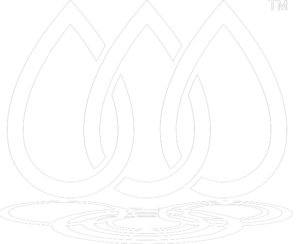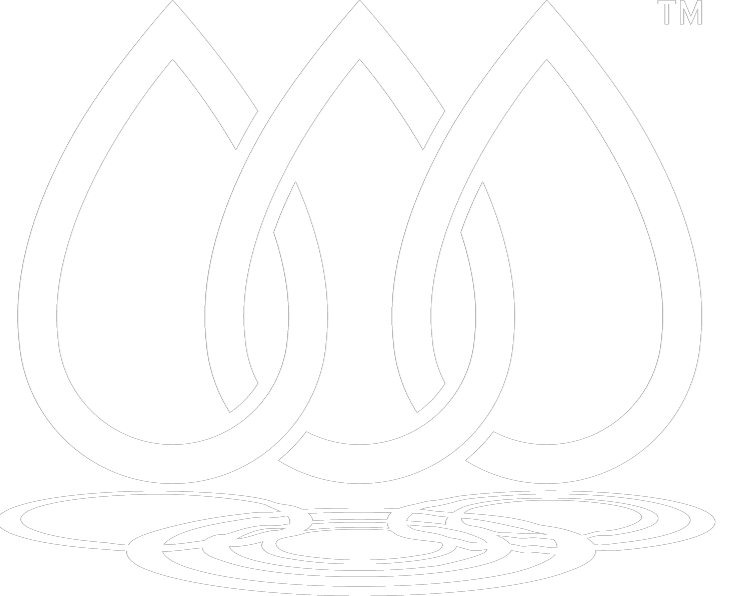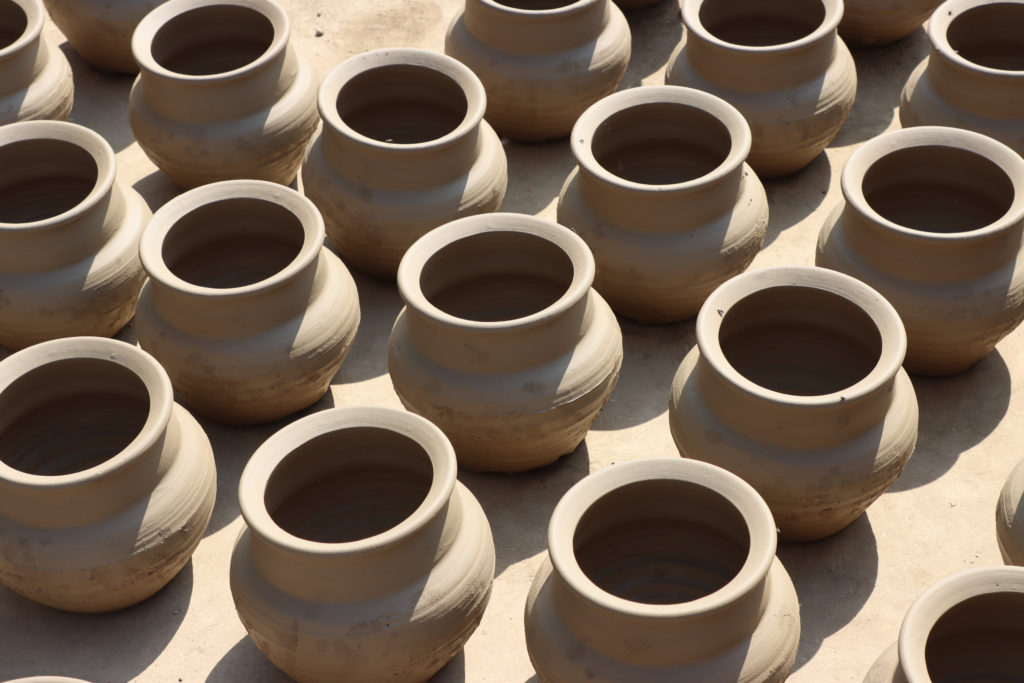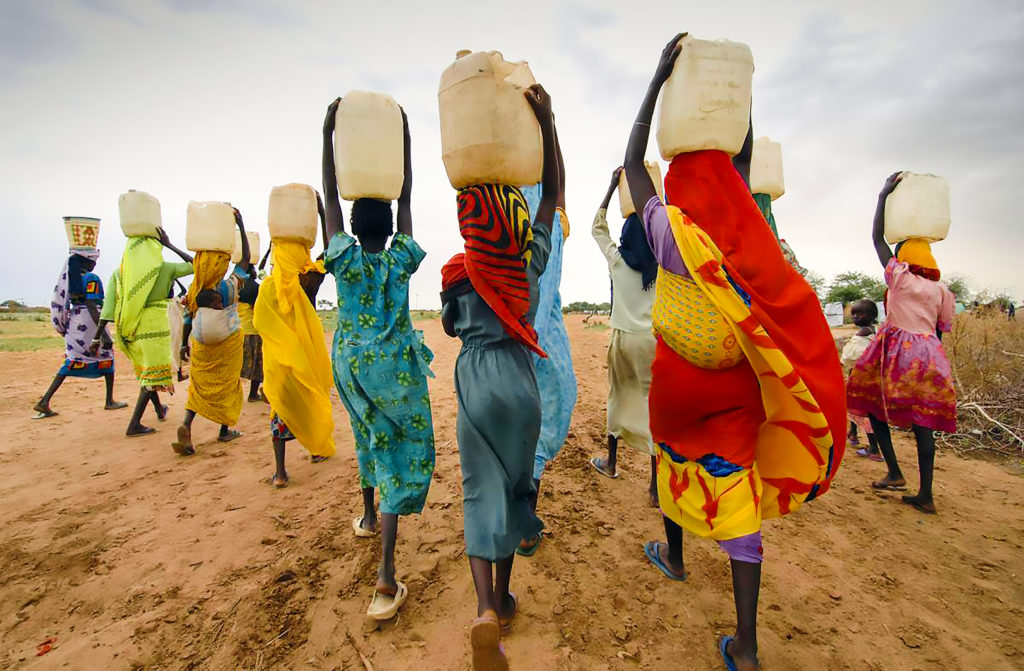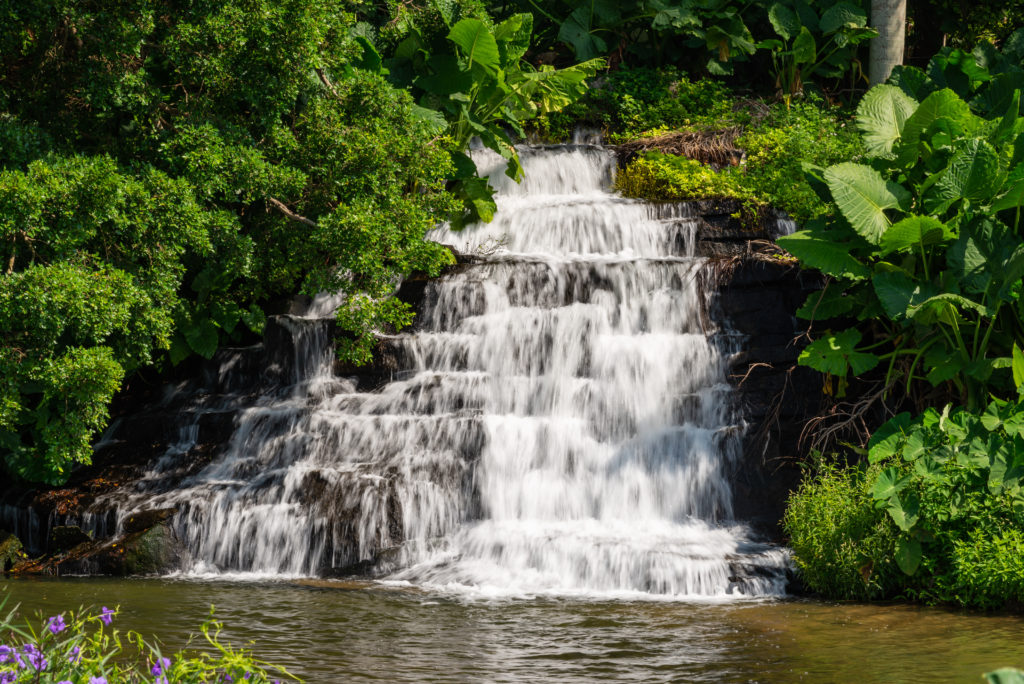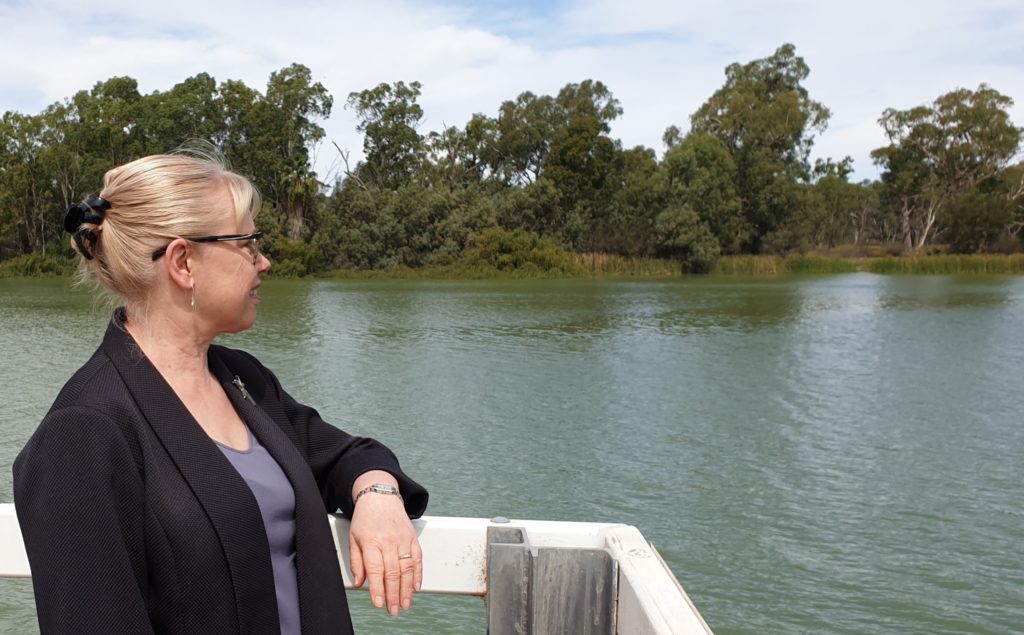“One of the most pressing issues that Pakistan faces at this moment is the water crisis.”
Nazia Mugha, Manager of Sustainability and Water Management, Soorty Enterprises Pvt Limited

Nazia Mughal is the Manager of Sustainability and Water Management within the Garment Division at Soorty Enterprises Pvt Limited, based in Karachi, Pakistan. Here, Nazia shares her experience of working in water stewardship on International Women’s Day, 2021.
How would you describe your role?
I’ve been working in Soorty Enterprises Pvt Limited for the past six years as the Manager of Sustainability and Water Management. My responsibilities include: factory water management, wastewater treatment plant operations, maintenance, troubleshooting and working on water and wastewater sustainability.
What drew you to working in water?
One of the most pressing issues Pakistan faces at this moment is the water crisis. As business leaders plan for the future, they scan for opportunities and risks created by emerging trends that may impact their company, industry, customers, and the world.
There are now signals, some faint, that water is emerging as an issue of strategic importance to business. Clean drinking water and sanitation for all is one of the biggest global challenges of the 21st century and businesses have an important part to play.
We can lead by example by providing these basic services in our direct operations, but what will really drive transformational change is enabling provision across our extensive supply chains. This is how we can leverage our influence and achieve the scale that is desperately needed.
These are all reasons why I decided to start my professional career in water leadership.
What does a day in your job look like?
My day starts with the reporting of how much water is received from different sources and monitoring the consumption and percentage of water used for production, utilities as well as domestic irrigation, and for kitchen purposes.
I will then follow up on routine work such as maintenance or troubleshooting within the plant. Usually, I’ll have a meeting with Head of Sustainability to update them about the wastewater treatment and recycle operations. Throughout my day there is also a lot of monitoring of water-related costs and checking compliances and sustainability.
I’m also involved in the training and development of employees, including sanitation and hygiene initiatives with the training development department.
What does Water Stewardship mean to you?
Water stewardship is based on the premise that all water users play a role in the sustainable management of water resources, and that a single actor working alone cannot effectively address complex water issues that are often caused by poor water management.
Water stewardship approaches are, therefore, based on collective responses. Businesses increasingly realize the need to take responsibility for their role in promoting sustainable water use and management through collective action initiatives to address water-related risks in their operations and supply chains. Water stewardship is the mechanism through which businesses and other organizations can contribute to water security efforts and Sustainable Development Goal #6: To Ensure availability and sustainable management of water and sanitation for all.
What achievement are you most proud of when it comes to water?
At Soorty Enterprise Pvt Limited we have been working with AWS since 2019 and both of our sites are AWS Certified.
We achieved the first Gold-level certification in water stewardship in Pakistan. I was proud to lead the whole journey towards AWS Standard Certification.
What does International Women’s Day mean to you?
International Women’s Day is a time to reflect on progress made, to call for change and to celebrate acts of courage and determination by ordinary women, who have played an extraordinary role in the history of their countries and communities.
International Women’s Day continues to be a powerful platform globally that unifies tenacity and drives action for gender parity, while celebrating the social, cultural, economic and political achievements of women.
